In a significant political shift, Nelson Mandela's African National Congress (ANC) has lost its parliamentary majority in South Africa's recent elections, marking the end of an era for the party that dismantled apartheid three decades ago.
According to Al Jazeera, with 99 percent of the votes counted by Saturday, the ANC secured just over 40 percent of the vote, falling short of the majority needed to govern outright. The final official results are expected to be announced by the country's Independent Election Commission soon, potentially before the previously scheduled Sunday announcement.
The ANC's support has waned over the years due to persistent issues like unemployment, poverty, and deteriorating infrastructure. These factors have gradually eroded public confidence in the party, culminating in their failure to secure a majority in this election.
Despite losing the majority, the ANC is set to remain in power by forming a coalition with other parties. Cyril Ramaphosa, the current president, is anticipated to secure a second and final term once the newly elected parliament convenes to choose the president.
South Africa's main opposition leader, John Steenhuisen of the Democratic Alliance (DA), hailed the results as a necessary step for the country's future. The DA garnered 21 percent of the vote, solidifying its position as the primary opposition force.
Meanwhile, the newly formed MK Party (MKP), led by former ANC leader Jacob Zuma, captured 14 percent of the vote. Analysts suggest that Zuma's breakaway faction significantly contributed to the ANC's diminished share. Additionally, the Economic Freedom Fighters (EFF) secured 9 percent of the vote.
John Steenhuisen remarked, "Breaking the ANC's majority was necessary to save the country. We did it." The fragmentation of the ANC's traditional voter base, partly due to Zuma's MKP, indicates a shifting political landscape in South Africa.
As the country awaits the final official results, the ANC must navigate coalition politics to maintain governance, marking a new chapter in South Africa's political history.









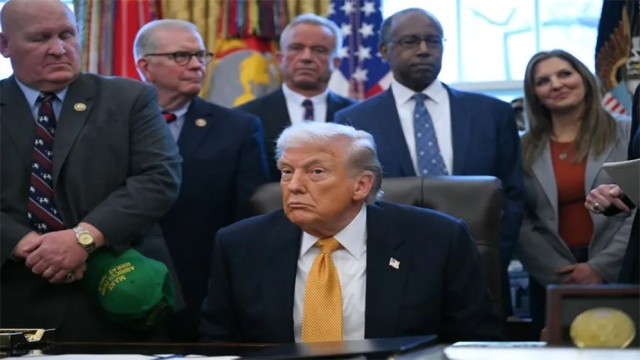

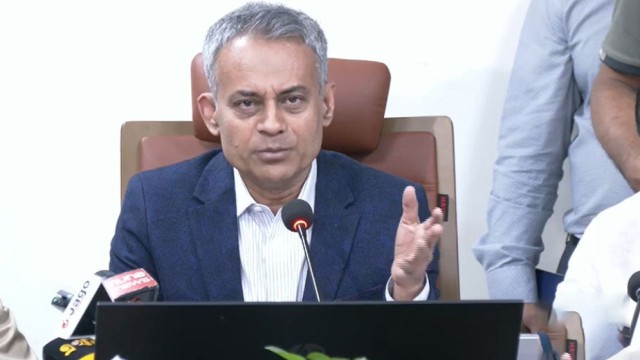

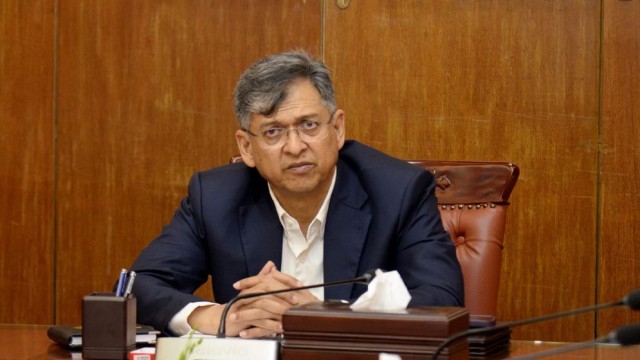
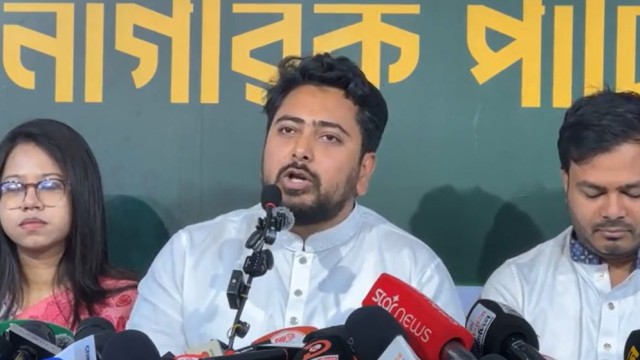

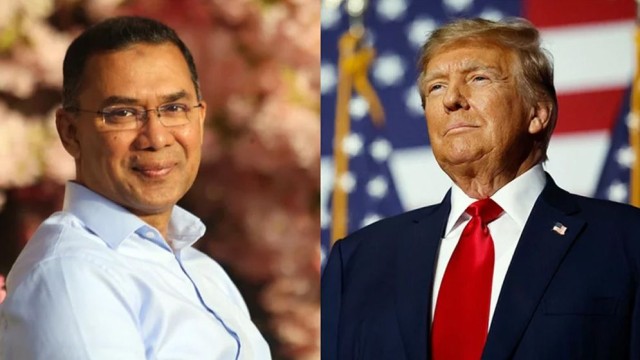














Comment: